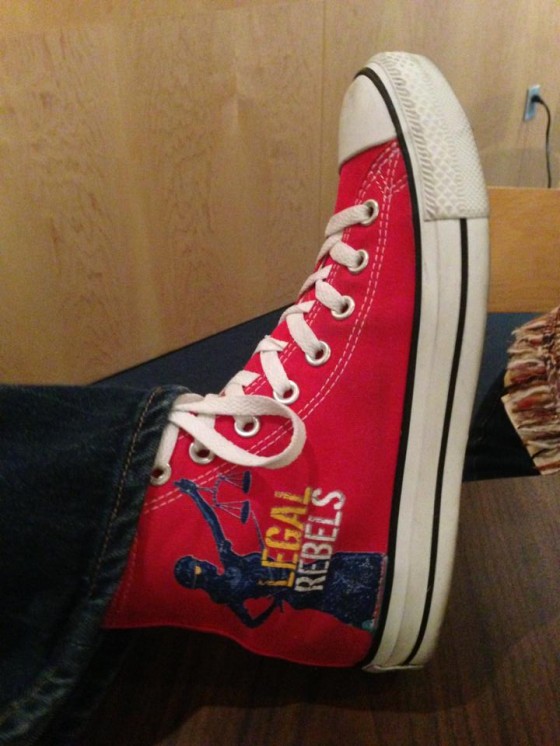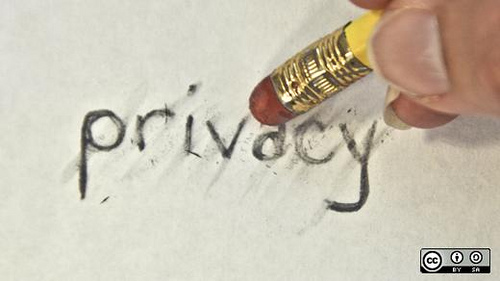Getty Images is known for sending letters to people suspected of using their images without purchasing a license. These demand letters essentially say, “By using our image, you’ve agreed to pay for a license. Pay $XXX by this date or we will sue you.”
They may have started the trend of other photographers sending similar demand letters when people use their images without permission. (I’ve sent these type of letters and counseled clients who have received them – usually from pulling images from a Google Image search without verifying that they had permission to use it.)
Getty sent such a letter to documentary photographer Carol Highsmith, claiming that she was violating their terms for using an image. Here’s the catch – it was a photograph that Highsmith took herself and previously shared with the Library of Congress to allow free use of her work by the general public. Highsmith has shared tens of thousands of images with the public through the Library of Congress since 1988.
Highsmith learned that Getty is claiming copyright rights to thousands of her images work and demanding payment for licenses, often without attribution to her, and adding “false watermarks” to the images. She filed a $1,000,000,000 (that’s $1B with a “B”) copyright infringement lawsuit against these agencies for the “gross misuse” of 18,755 of her photographs.
That’s a lot of photographs.
I hope they have good insurance.
But $1B?! Really?!
Actually, yes. In this case, suing for $1B makes perfect sense.
A party who adds or removes a watermark from a photo to avoid detection for copyright infringement can be fined up to $25,000 per image in addition to other financial damages for copyright infringement.
$25,000/image x 18,755 images = $468,875,000
And if a party is found to have violated this law in the last three years – which Getty has – the complaining party can ask for triple the damages.
$468,875,000 x 3 = $1,406,625,000
Looking at this, it’s easy to see how easy it is for Highsmith to reasonably request over $1B in damages. She’s also requested a permanent injunction to prohibit future use of images by Getty and the other Defendants and attorneys’ fees.
You can read the full complaint filed by Highsmith against Getty in New York Federal Court here.
So far, Getty claims they will defend themselves “vigorously.”
This could be a fun case to watch. If this case doesn’t go to trial (and most cases don’t), I hope the settlement isn’t kept completely secret behind a non-disclosure agreement. One of the recommendations I make to anyone who is a professional creative is determine in advance how you want to respond when your work is used without your permission and plan accordingly. For many people, it’s not if their work is stolen, but when.
There are a lot of issues that come into play surrounding photography, image rights, and copyright. If you want to chat more about these topics, you can contact me directly or connect with me on Twitter, Facebook, YouTube, or LinkedIn. You can also get access to more exclusive content that is available only to people on my mailing list, by subscribing here.
EDIT: The previous version of this post stated that Highsmith released her work to public domain. My apologies. Highsmith retains the copyright in her work, but allows others to freely use it through the Library of Congress.









